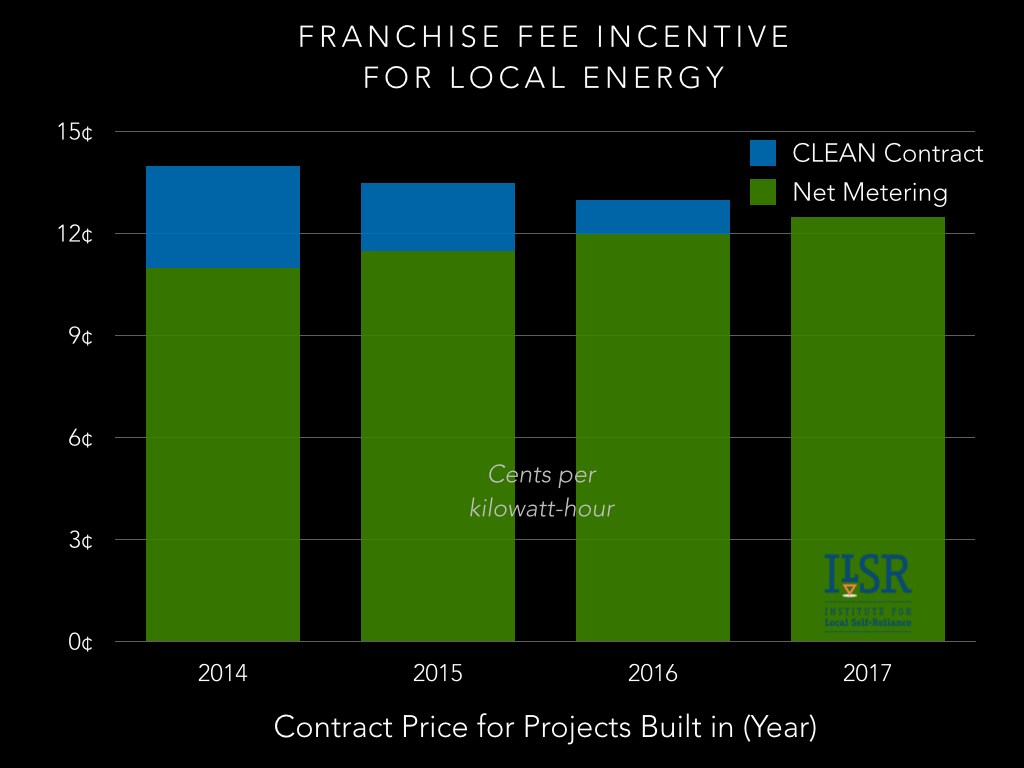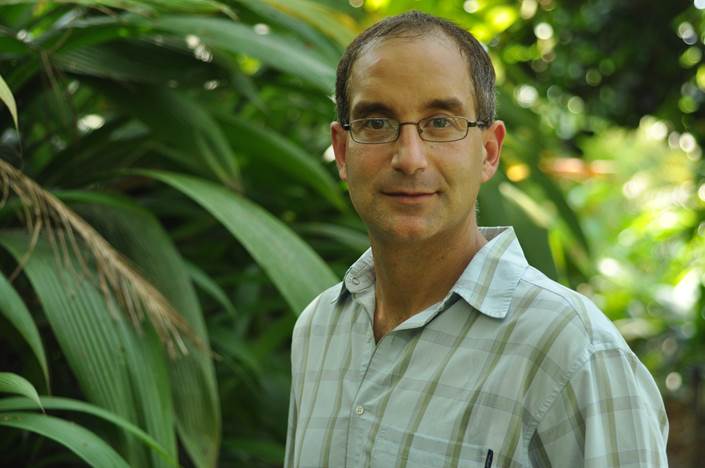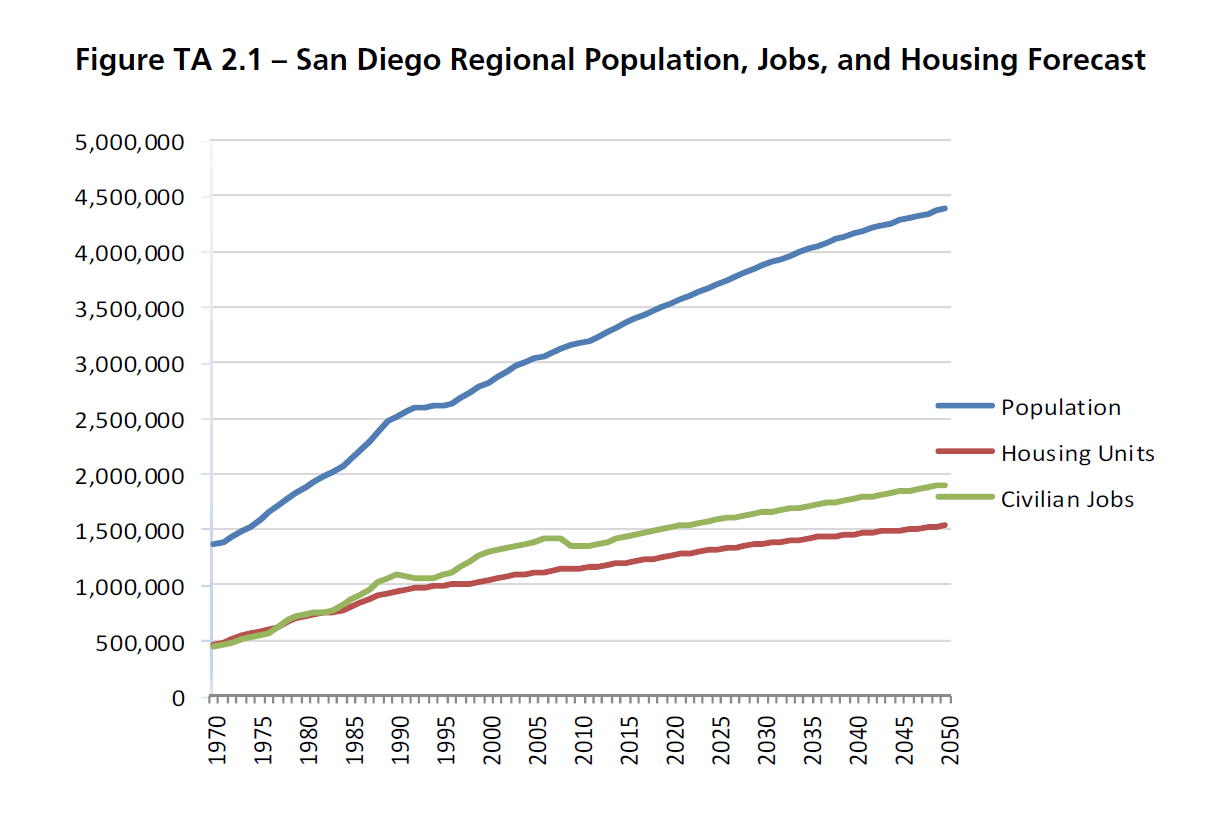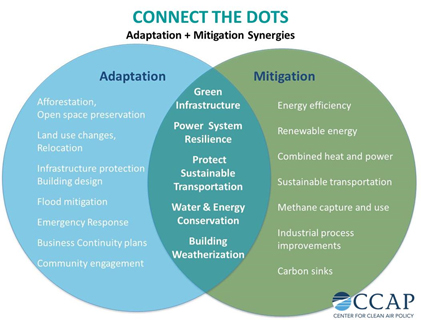Facebook Posts
An Example of Franchise Fee Incentive for Local Energy
Submitted by patrickpoon7 on
Jacques Chirazi
Submitted by wrscpmd on
2050 Regional Growth Forecast
Submitted by c.bernhardt.14 on
Adaptation and Mitigation of Climate Change
Submitted by c.bernhardt.14 on
Resilient San Diego and a Platform for Other Cities
Submitted by c.bernhardt.14 on
Resilient San Diego and a Platform for Other Cities
Submitted by c.bernhardt.14 on









